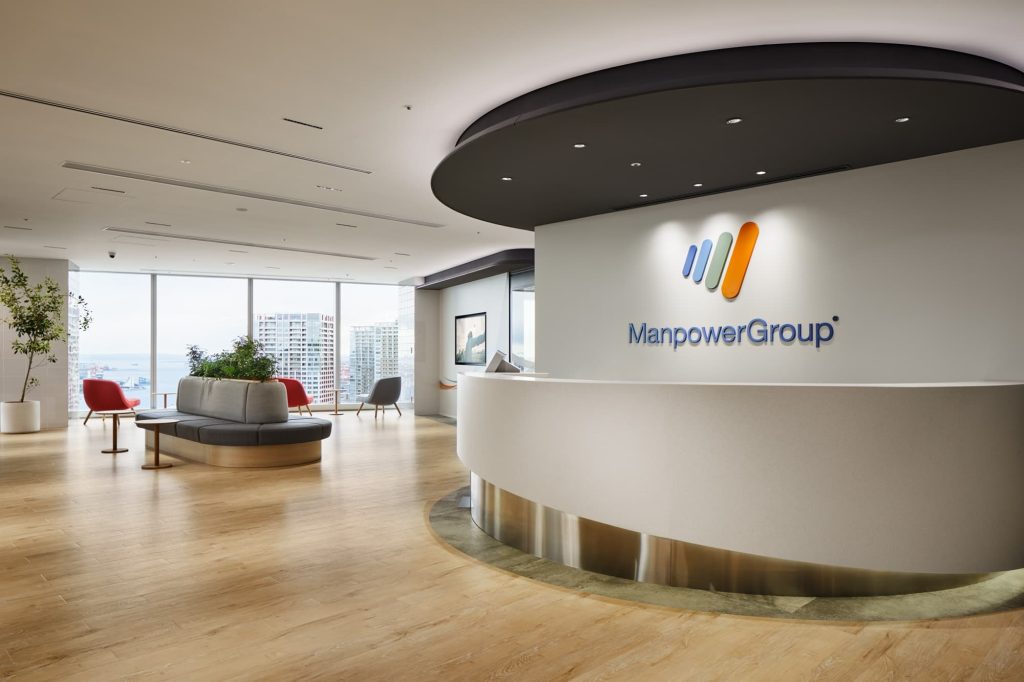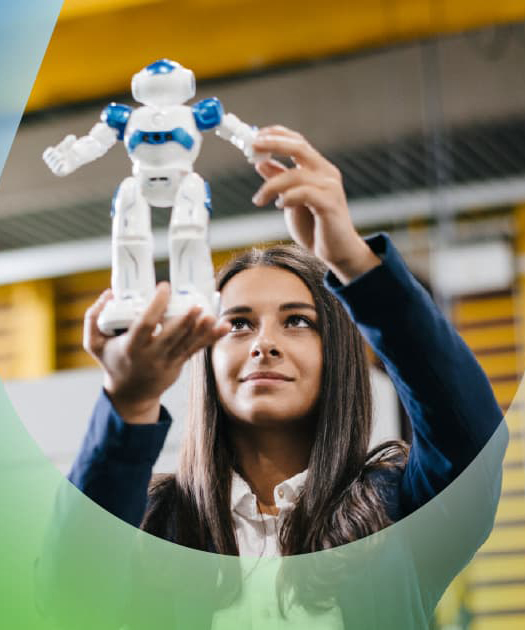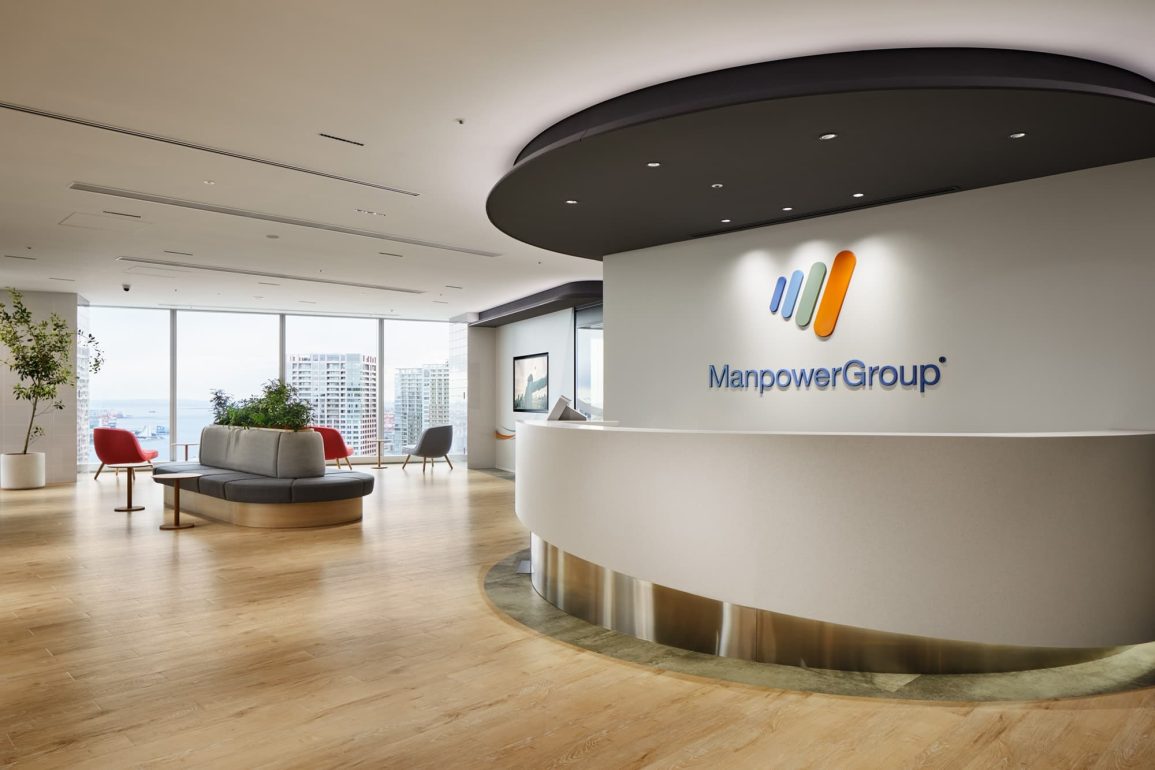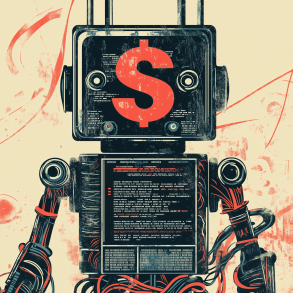The job market in the U.S. is continuing to decline, but emerging AI technologies – and the potential of bringing on talent that knows how to most effectively use them – are increasingly on the minds of hiring agents and employers.
April’s job openings declined to 8.1 million, the lowest since February 2021, according to data from the Bureau of Labor Statistics released on June 4. Although the ADP report on June 5 indicated a lower-than-expected increase of 152,000 jobs in May, the Bureau of Labor Statistics on June 7 reported a more positive gain of 272,000 jobs. However, the unemployment rate ticked up to 4%, signaling difficulties for Americans re-entering the job market in finding employment.

A new report from workforce solutions firm Manpower, released on June 11, forecasts a slowdown in hiring for the next quarter. The report, which surveyed over 40,000 employers across 42 countries, revealed a net employment outlook (NEO) of 22% for the third quarter of 2024, a decrease of 6 percentage points from the previous year. In the United States, the NEO is 30%, marking a 4% decline from the last quarter. “What this really means is, the job market is starting to moderate a little bit, cool a little bit,” stated Rajesh Namboothiry, SVP with Manpower US. He noted that steady interest rates are influencing U.S. employers’ reluctance to make significant new hires.

Despite some employers pausing their hiring efforts, the surge in AI technology is shaping future recruitment strategies, as highlighted in the Manpower report. Over half of global employers (55%) anticipate increasing their workforce in the next two years due to advancements in AI and machine learning. Employers are aligning their hiring to meet the needs of their AI, machine learning, and automation strategies, according to Namboothiry. With the demand for AI-skilled candidates surpassing supply, companies are considering strategies to “ladder up our current population of talent, or how do we source proactively so that we can hang on to that talent when the time is ripe for us,” he added.

However, not all employees share the same level of optimism about AI’s role in the future of work. According to the Manpower report, 68% of North American senior leaders believe AI will positively impact work, in contrast to 59% of factory and frontline workers. To address worker concerns about AI, particularly among rank-and-file employees, HR departments are encouraged to focus on “redesigning” jobs instead of eliminating them. ManpowerGroup is advising clients on how roles are likely to evolve due to AI, aiming to build “readiness” among workforces. “It is about making sure that they have that communication, that conversation, and offer pathways for upskilling their talent,” said Namboothiry.









